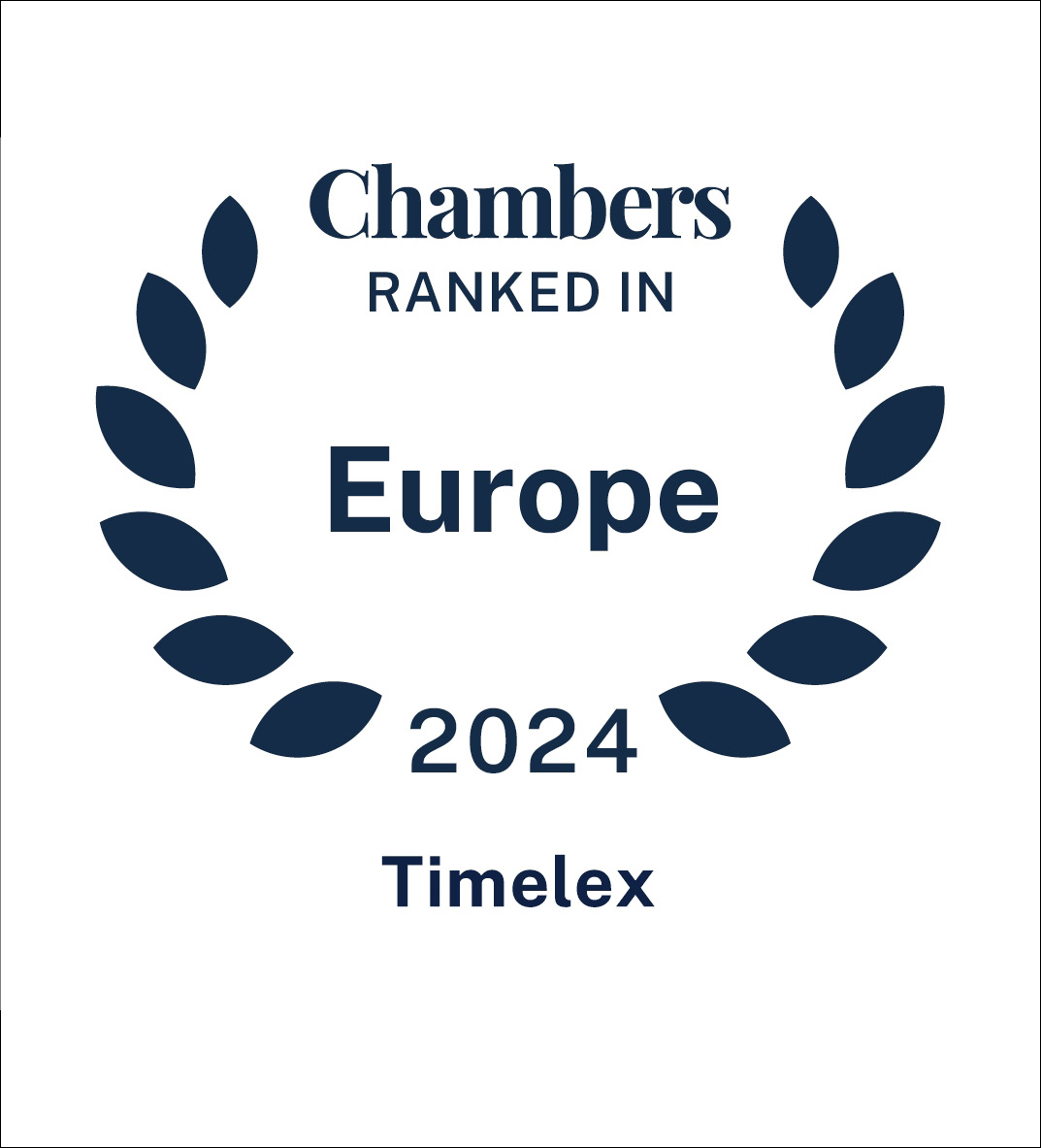Looking for?
ReDREAM
ReDream aims to revolutionize how we use renewable energy. For this, the team is relying primarily on the consumers. The project will develop an eco-system that puts the consumer at the heart of the energy transition by a radical rethink of the electricity system. Emphasis will be put on energy efficiency, locally produced power and people's flexibility. To get consumers fully on board, ReDream will set out an ecosystem of all the key players in the electricity system. Whereas previously, corporations dictated prices and purchase quantities, now the end consumer is to have a say. To achieve this, the project, which is part of the European initiative Bridge Horizon2020, relies on state-of-the-art technology. Cloud services and artificial intelligence are the basis of the ecosystem, which is to be ready for the market within the next three years.
ReDream offers transparency, builds trust and empowers the end user. The new ecosystem will be designed to optimally manage energy resources and to involve people more actively in the energy transition. If people are flexible in their use of ventilation, heating, freezing and electromobility, then more energy efficiency will come about. Benefits to the consumer include lower bills, better comfort and cool aesthetic tech in the home. And utilities, architects, urban planners, engineers and researchers will be able to share their knowledge and experience of the "ecosystem", helping to foster a more sustainable use of renewables in the future.
Our role
Timelex will lead the legal and ethical work in the project.

Project details
More information about the ReDREAM project can be found on the project website https://redream-energy-network.eu/ and the CORDIS website: https://cordis.europa.eu/project/id/957837.
Funded by the European Union. This project has received funding from the European Commission’s Horizon 2020 programme under Grant Agreement No. 957837. Views and opinions expressed are however those of the author(s) only and do not necessarily reflect those of the European Union or the European Commission. Neither the European Union nor the granting authority can be held responsible for them.





